Please note this website was created for the 2015 General Election. Due to the lack of preparation time, we have not updated this website for the 2017 Election. Why?
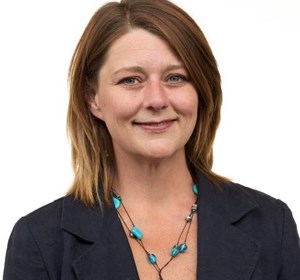
FOUNDED1925
PARTY LEADERLeanne Wood
LEADER SINCE15 March 2012
COLOURGreen
MEMBERSHIP7864
MP'S3
WEBSITE: http://www.plaidcymru.org/
HEADQUARTERS: Ty Gwynfor
Marine Chambers
Anson Court
Atlantic Wharf
Cardiff
Wales
CF10 4AL
IDEOLOGY: Welsh Independence,Welsh Nationalism,Civic Nationalism,Democratic Socialism,Social Democracy,Environmentalism
POSITION: Centre Left
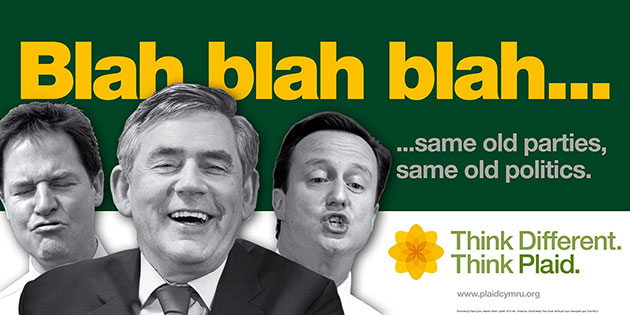
Centre-left party in favour of Welsh independence. Source: Wikipedia
Formed in 1925 as Plaid Genedlaethol Cymru (English: National Party of Wales) in order to attempt to establish a Welsh government, the party's primary aim was to make the Welsh language the only official language of Wales.
At the 1929 general election Plaid Cymru contested Caernarvonshire, its first parliamentary constituency, where they won 1.6% of the vote (609 votes).
The following decades saw limited support, with many of the population seeing the party as an 'intellectual and socially conservative Welsh language pressure group'. However, in the 1950's president Gwynfor Evans turned the party's fortunes around, increasing its share of the vote from 0.7% in the 1951 general election to 3.1% in 1955, and 5.2% by 1959, whereupon they contested a majority of the available Welsh seats for the first time.
Plaid Cymru contested every Welsh seat for the first time at the 1970 general election, and as a result the party saw their vote share increase substantially to 11.5% in 1966.
The party advocates an independent Wales within the European Union, with the goal of making Wales a EU member state, and aims to create a bilingual society that promotes the revival of the Welsh language.
Browse more information about the plaid cymru party and read about their members, policies, or read news.
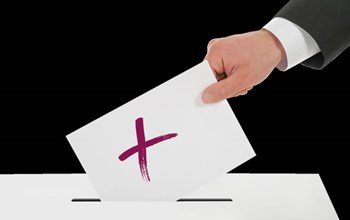
Information about what to expect at the general election 2015, including timetable of events, results and guides.
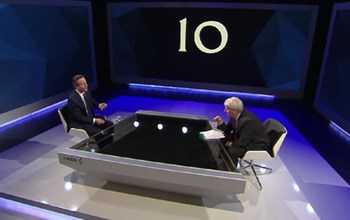
Watch political debates, party political broadcasts, PMQ's and interviews with party candidates and MPs.
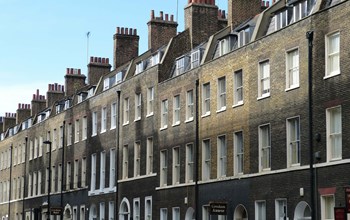
How does your city compare with others across the UK, including population, employment and earnings.
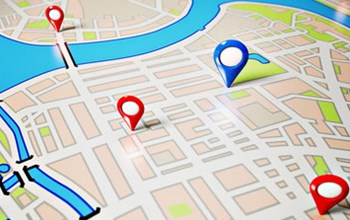
Find out more about your local constituency, including local information, polls and MPs.